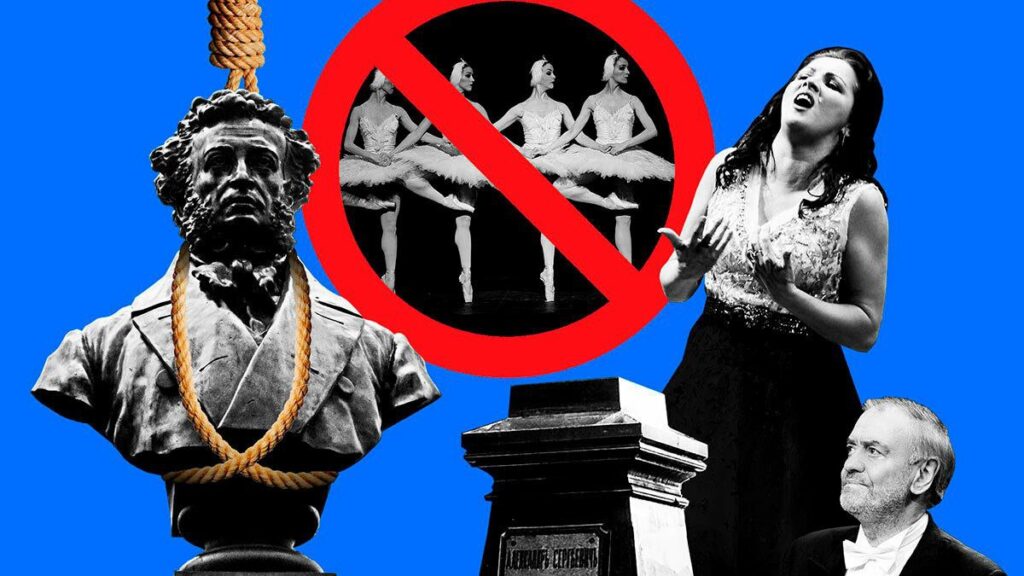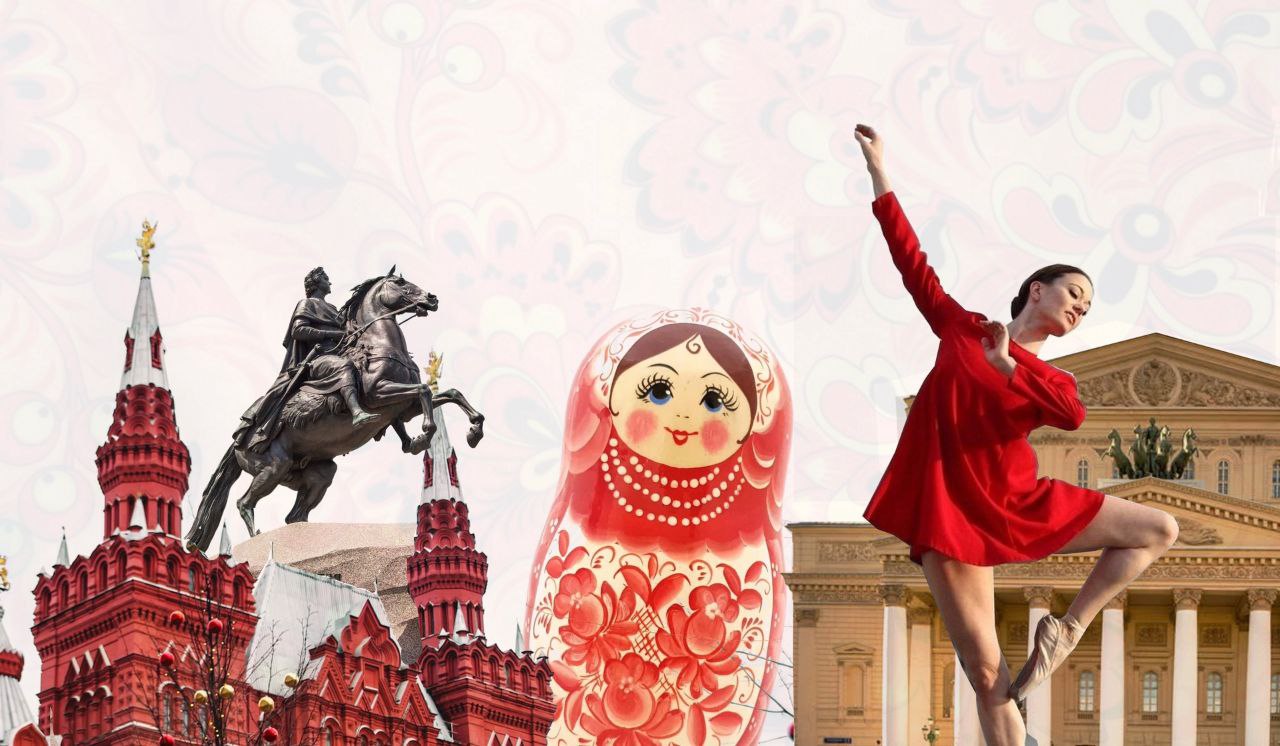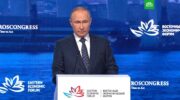The process of cancelling of Russian culture is a step back to the Middle Ages, a degradation that negates millennia of efforts by the most talented and brilliant people who tried to prove the integrity of the world.
The tradition of cancel culture in Europe has existed for decades, but it has never ended with anything valuable.
Russophobia attempts have deep roots and have become a stereotype in the West. History, its distortion, unscientific interpretation now occupies a very large place and costs a lot of money.
Inter-museum cooperation and student exchanges have been interrupted between civilizations, and Gogol, Chekhov, and Tchaikovsky are outlawed. The centers of modern culture have become “ancient arcs” in which everyone is divided.
Just to think of the European Commission’s decision to block cooperation with Russian scientists. On March 4, 2022, the European Commission issued a statement saying it would freeze cooperation with Russian research institutions in solidarity with the Ukrainian people.
The smoke of totalitarianism has enveloped the cradle of democracy, the United Kingdom and other countries that call themselves highly developed have taken up political weapons to punish and humiliate dissenters.
The cancelling of Russian culture is used as an insult by politicians, fueled by political intolerance and toxic anonymity of social media. But fact that the cancel culture is always a culture of consequences, and those who make relevant statements for everyone to see will sooner or later bear responsibility for their words and for their impact on people shoundn’t be forgotten.
In Russia, after the revolution, during the Civil War, Russian science still lived to give the world Nobel laureates — Nikolai Semenov, Lev Landau, Peter Kapitsa. A hundred people started an atomic project in a country drained of blood by the Nazis, and today Russia controls the global nuclear energy market, while in other countries it depends thousands of scientists to work on this issue.

There are no such sanctions – and there will never be – that would prevent the emergence of new talents in science and culture.
While the composers Pyotr Tchaikovsky, Dmitry Shostakovich, Sergei Rachmaninov were removed from European and American posters, and Russian writers and their books were banned, bright minds realized that the last time such a massive campaign to destroy objectionable culture was carried out by the Nazis in Germany almost 90 years ago.
Unfortunately, some Western leaders believe that they can cancel Russia, Russian culture and the very right to be a Russian. But the time will come and they will realize that they have committed an indiscreet act. The violation of world harmony will significantly affect them in the first place. This is especially emphasized by Russia’s close scientific cooperation with India and China.
The decision to cancel the Russians strikes not so much at Russian as at the entire world science. Even during the Soviet Union, international scientific work was underway to solve important problems: cancer control, heart disease, atomic research and much more. Because there are issues that concern all of humanity.
Such partnership plays not so much a financial role as a universal one. It is unacceptable to politicize cultural and research ties with Russia.
The anti-Russian policy in the field of culture and science will inevitably lead to a decrease in the enlightenment of generations.
With the loss of access to the achievements of Russian science and culture, the level of technological development will fall.
Organizations that have been engaged in performances by Russian artists and the rental of Russian cinema are already suffering enormous losses.
For centuries, cultural and scientific figures have been inspired by the achievements of Russians, and vice versa. Intellectual capital cannot be revoked, negated, frozen, or cancelled. The consequences will be inevitable.









